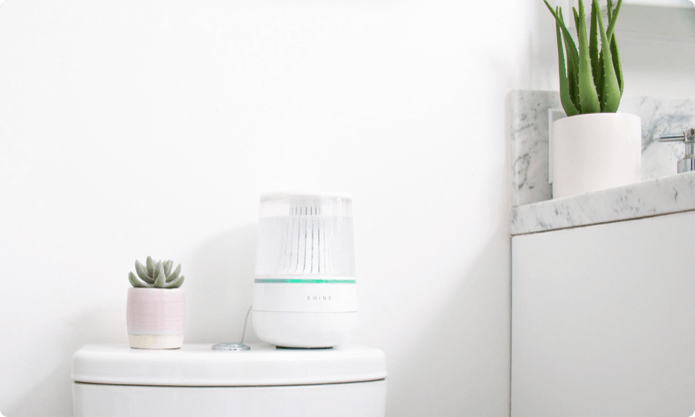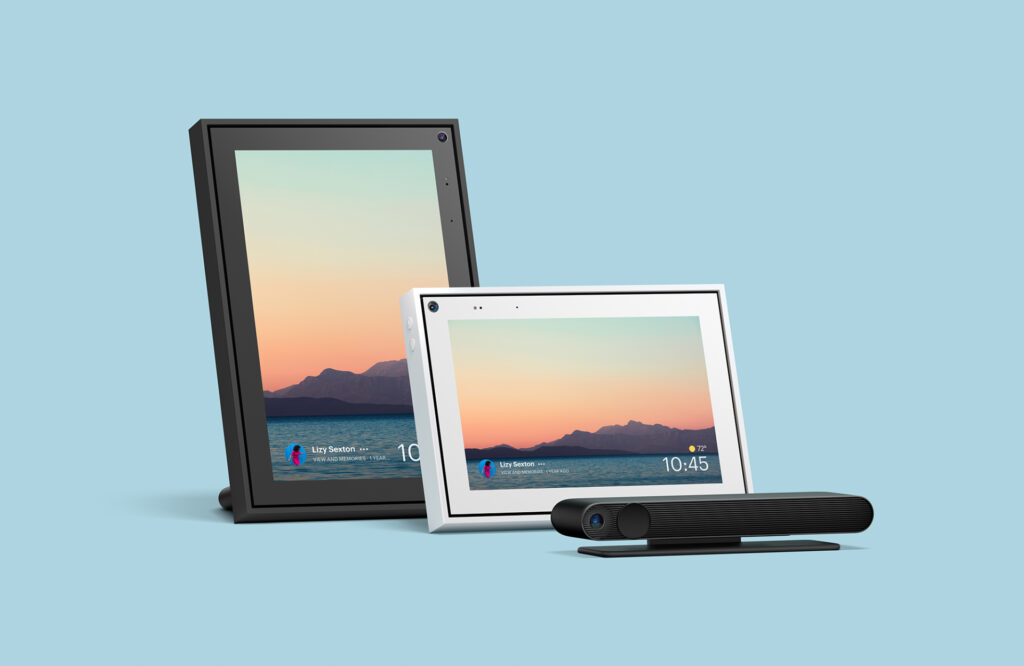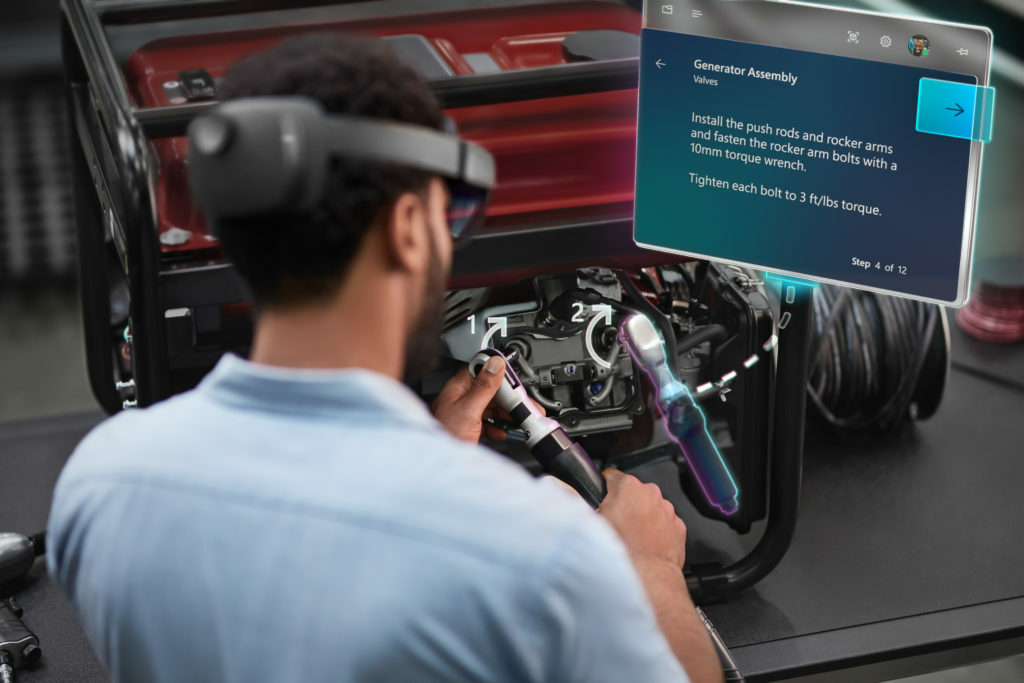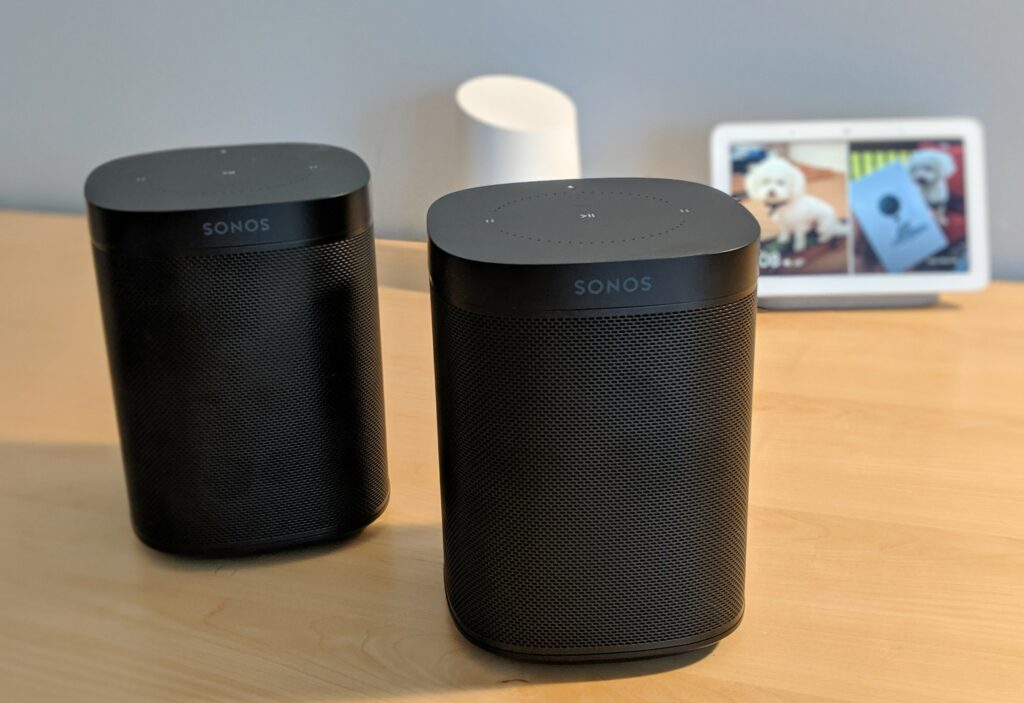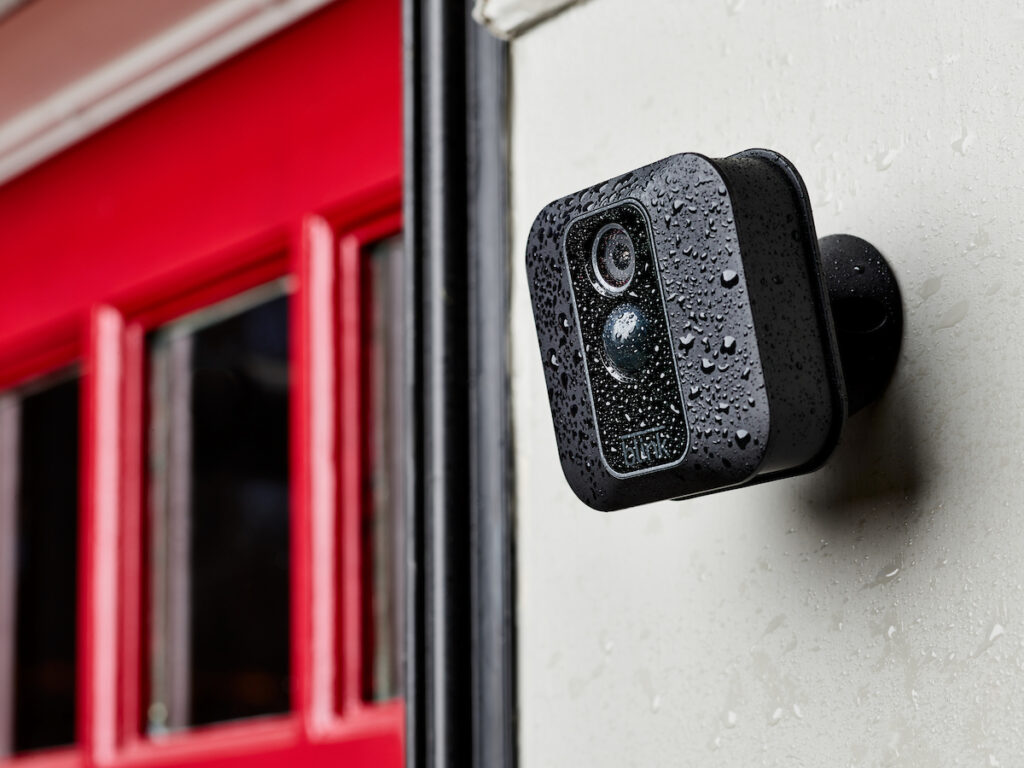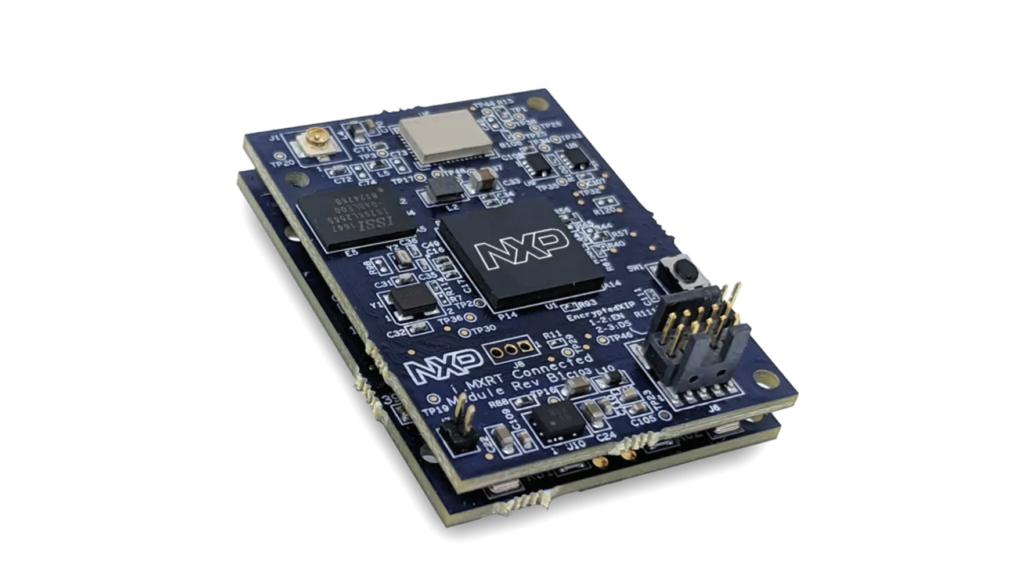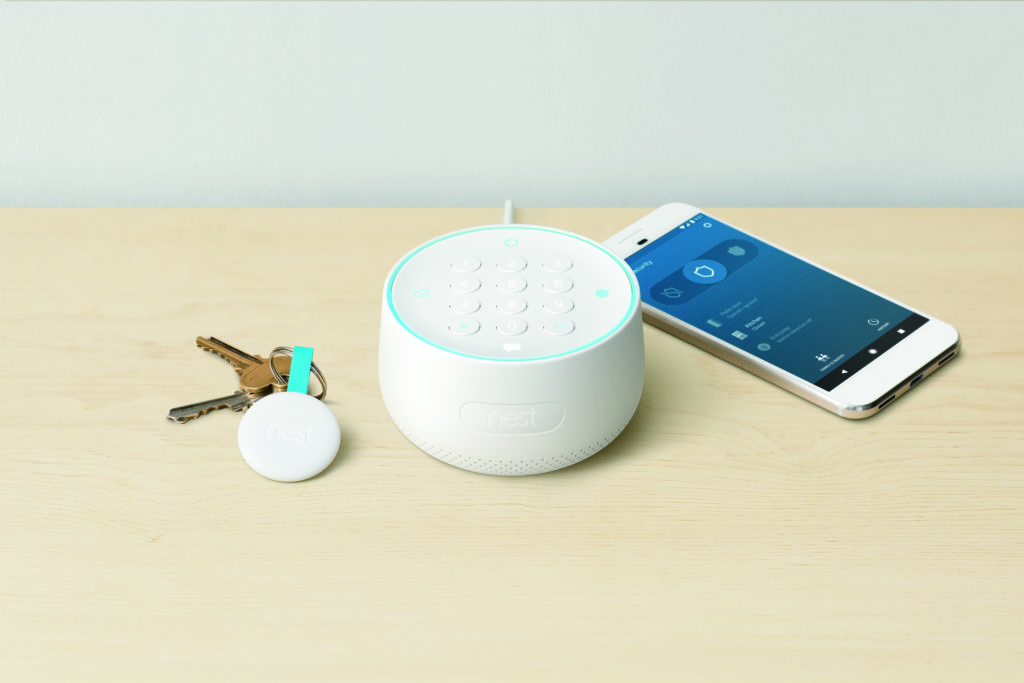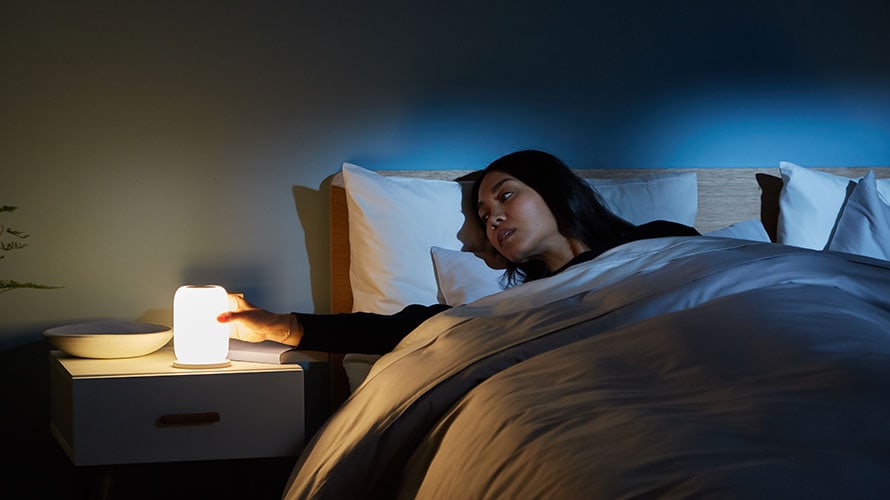Wyze makes some of the most reasonably-priced smart-home gear on the market and said earlier this month that it was planning a smorgasbord of new products, which Kevin and I detail in this episode. We then cover low-power wide-area networks with news that Twilio’s NB-IoT network and boards are now generally available and news that Amazon has joined the LoRa Alliance. From there we cover a security flaw, the longevity and reliability of connected home devices and a story about automation and jobs. We close with talk about a fitness company raising $55 million and another attempt at delivering wireless power at a distance. We then answer a question about who should swap out their Nest account for a Google Account.
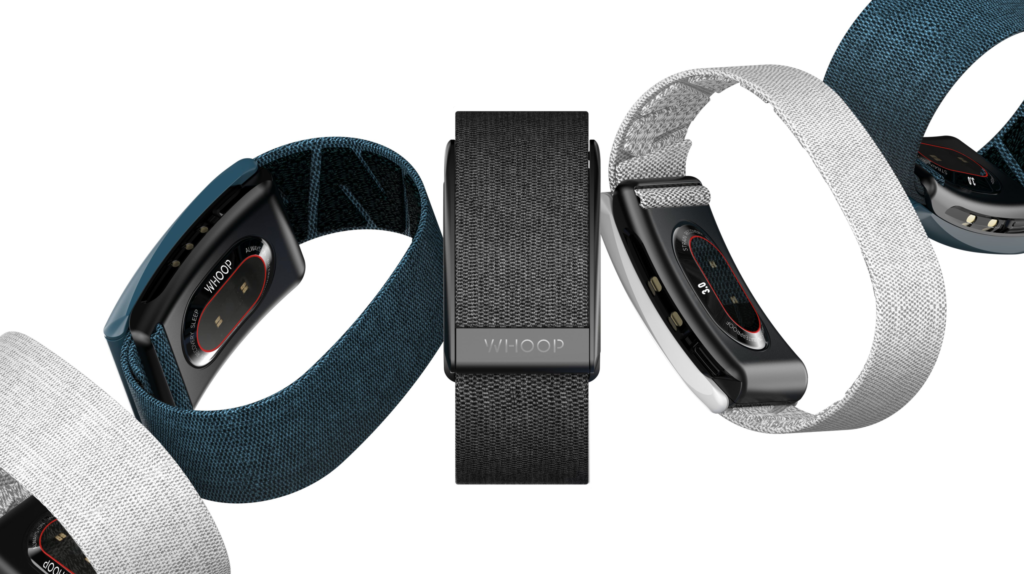
Our guest this week is Michele Chambers Turner, senior director Google Smart Home Ecosystem, who explains why Google had to kill its Works with Nest program and what it means for users. You’ll also learn how Google thinks about privacy, that it doesn’t keep device state data and how it cordons off home data from its advertising network. We also talk about the local SDK and making it easier to add devices to the Google Home network. It’s an essential episode for Google fans.
Hosts: Stacey Higginbotham and Kevin Tofel
Guest: Michele Chambers Turner, senior director Google Smart Home Ecosystem
Sponsors: Legrand and Afero
- Wyze has a lock, doorbell, scale and more on the way
- Amazon gets deeper into LPWAN
- Why Google had to kill Works with Nest
- What’s inside Google’s Home graph
- What to expect with Google’s local efforts
Podcast: Play in new window | Download | Embed
Subscribe: RSS

